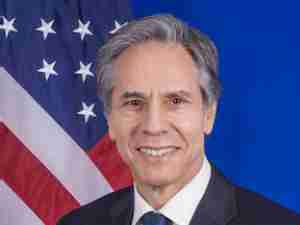GE agrees export financing from UK, may create 1,000 jobs
By: Reuters | Sep 24 2015 at 03:30 PM | International Trade
General Electric Co said it reached an agreement with Britain's export credit agency for up to $12 billion in financing, possibly creating as many as 1,000 jobs in the country.
The deal is the latest sign of U.S. exporters' unhappiness at the winding down of the U.S. Export-Import Bank, which lent money to foreign customers of U.S. exporters. Its charter lapsed on June 30 after conservatives in the U.S. Congress cast it as a promoter of "crony capitalism."
GE is already shifting jobs overseas because of the lack of U.S. export financing and plane-maker Boeing Co, the largest U.S. exporter, has threatened to do the same.
GE said on Thursday its deal with UK Export Finance, a department of the UK government, would support orders for oil and gas and other energy projects in Brazil, Ghana, India, Mozambique and other countries. The jobs are dependent on GE winning bids for the work.
Only last week, GE cited the absence of Ex-Im financing when it announced plans to shift up to 500 U.S. power-turbine manufacturing jobs to Europe and China. It also stopped considering U.S. locations for a new development center for turboprop engines, selecting Europe instead.
GE Chief Executive Jeff Immelt has been actively campaigning on Ex-Im, telling reporters recently that more U.S. jobs are likely to move overseas unless the bank is revived.
GE has previously said it was seeking financing from other export credit agencies to save a $350 million locomotive deal with Angola that has lost access to Ex-Im support. That deal involved 100 diesel-electric locomotives to be built in Erie, Pennsylvania.
"In today’s competitive environment, countries that have a functional export credit agency (ECA) will attract investment," Immelt said in a statement. "Export finance is a critical tool we use to support our customers. Without it, we can’t compete against foreign competitors who enjoy ECA financing from their governments."
Boeing Co Chairman Jim McNerney has said the world's biggest aircraft maker is actively looking at moving "key pieces" of its operations to other countries, given uncertainty about the future of the Ex-Im Bank.
The president of the largest U.S. aerospace trade group told Reuters last week that more companies are considering moving plants overseas due to concerns over Ex-Im.








